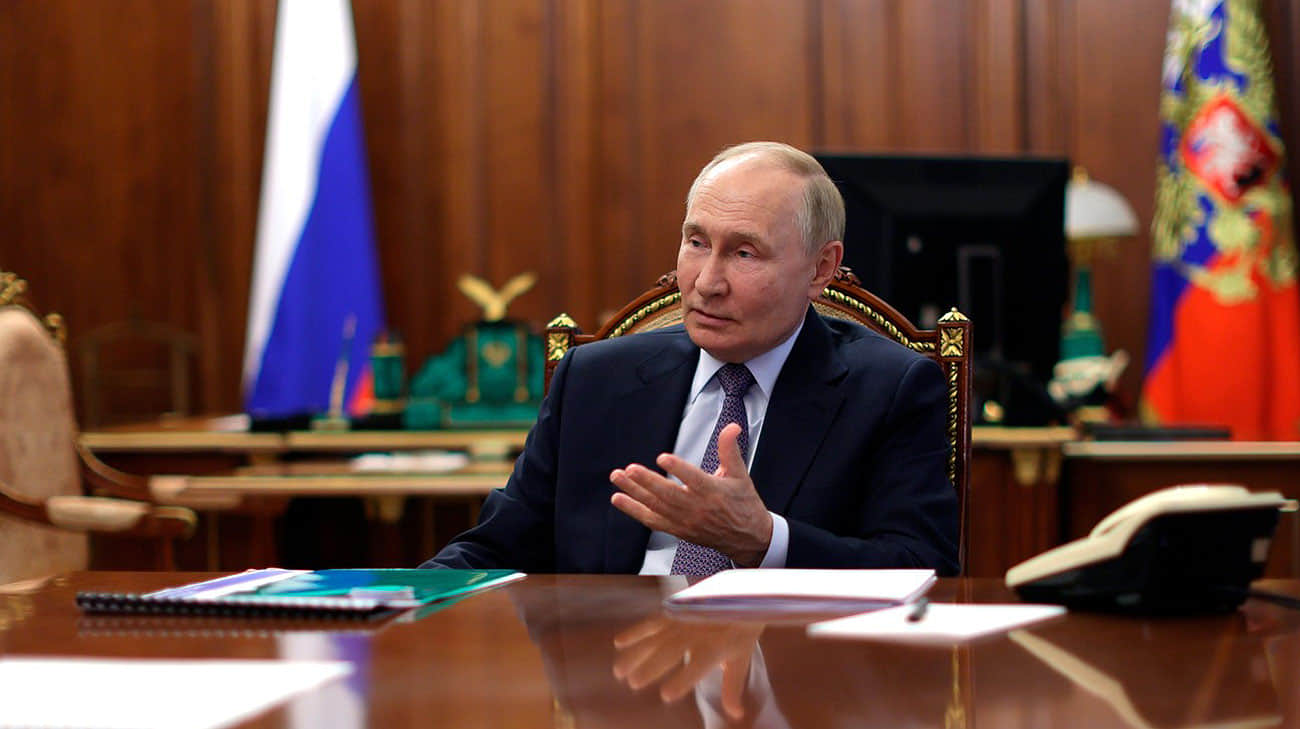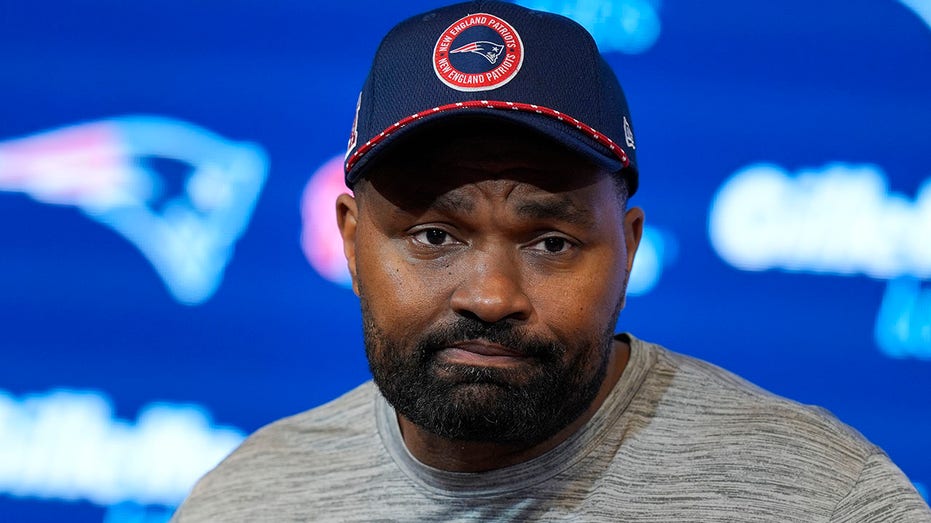Putin decides to "popularise" Russian language and literature in occupied territories of Ukraine
Vladimir Putin, the ruler of Kremlin, advocates for popularising Russian language and literature in Ukraine's temporarily-occupied territories of Donetsk, Luhansk, Kherson, and Zaporizhzhia oblasts. Source: Putin at the Presidential Council for State Policy on Promoting the Russian Language and Languages of the Peoples of the Russian Federation on 5 November Quote: "It would be appropriate to establish centres for the popularisation of the Russian language and the works of our famous writers on the basis of the public libraries of the Donetsk and Luhansk People's Republics [as Putin and his cronies refer to the territories of the Donetsk and Luhansk oblasts of Ukraine occupied by the Russians - ed.

Vladimir Putin, the ruler of Kremlin, advocates for popularising Russian language and literature in Ukraine's temporarily-occupied territories of Donetsk, Luhansk, Kherson, and Zaporizhzhia oblasts.
Source: Putin at the Presidential Council for State Policy on Promoting the Russian Language and Languages of the Peoples of the Russian Federation on 5 November
Quote: "It would be appropriate to establish centres for the popularisation of the Russian language and the works of our famous writers on the basis of the public libraries of the Donetsk and Luhansk People's Republics [as Putin and his cronies refer to the territories of the Donetsk and Luhansk oblasts of Ukraine occupied by the Russians – ed.], and [Russian-controlled parts of] Kherson and Zaporizhzhia oblasts."
Background:
- On 27 September 2022, Russian proxies in the occupied territories of Luhansk, Donetsk, Zaporizhzhia, and Kherson oblasts declared the results of phoney "referendums" on joining Russia. These results were known in advance.
- On 30 September 2022, Vladimir Putin signed "agreements" for the incorporation of the occupied areas into the Russian Federation, stating that people of Donetsk, Luhansk, Kherson, and Zaporizhzhia oblasts are now Russian citizens. The Russian Federation's Constitutional Court authorised this set of documents, which were then "ratified" by the State Duma and Federation Council.
Support UP or become our patron!



